Bill Gates takes a shot at functionality of Apple's iPad
Microsoft founder claims iPad users are frustrated.

Bill Gates, Microsoft co-founder and executive chairman has criticised Apple, claiming that users are "frustrated" with the limited versatility of the iPad, and that they should consider Windows alternatives.
Gates argues the iPad is inherently limited in terms of its features, claiming that users can't type, create documents and don't have access to Office.
"Windows 8 really is revolutionary in that it takes the benefits of the tablet and benefits of the PC and is able to support both of [them]. [With] Surface [and] Surface Pro you [have the] portability of the tablet, but [also] richness in terms of the keyboard and Microsoft office of the PC," he said during an interview with CNBC.
Microsoft's efforts to enter into the tablet market have been stunted thus far by the popularity of Google's Android and Apple iOS operating system. The Surface devices have claimed just 1.8 per cent of the tablet market, according to the latest figures from IDC .
In an attempt to kickstart the adoption of Windows tablets, Microsoft is planning to introduce a smaller version of its Surface Pro device. Taiwanese PC manufacturer Asus has also confirmed to the Wall Street Journal that it will starting to make Windows 8 tablets smaller, cheaper Windows tablet.
Jerry Shen, Asus CEO claims that the price of Windows 8 devices could drop to $300 by the end of 2013.
"We're very optimistic about sales for Windows 8 tablets this year," he said
Get the ITPro daily newsletter
Sign up today and you will receive a free copy of our Future Focus 2025 report - the leading guidance on AI, cybersecurity and other IT challenges as per 700+ senior executives
"With Microsoft's new push toward smaller devices, Windows 8 tablets this year could cost just $50 more than Android ones."
However, regardless of Microsoft's success in the tablet market, PC sales are still expected to fall dramatically. The IDC reported a loss of 14 per cent in PC shipments during the first quarter, the largest decline since 1994.
-
 Cleo attack victim list grows as Hertz confirms customer data stolen
Cleo attack victim list grows as Hertz confirms customer data stolenNews Hertz has confirmed it suffered a data breach as a result of the Cleo zero-day vulnerability in late 2024, with the car rental giant warning that customer data was stolen.
By Ross Kelly
-
 Lateral moves in tech: Why leaders should support employee mobility
Lateral moves in tech: Why leaders should support employee mobilityIn-depth Encouraging staff to switch roles can have long-term benefits for skills in the tech sector
By Keri Allan
-
 Microsoft angers admins as April Patch Tuesday delivers password feature without migration guidance
Microsoft angers admins as April Patch Tuesday delivers password feature without migration guidanceNews Security fixes include a zero day exploited by a ransomware group and seven critical flaws
By Connor Jones
-
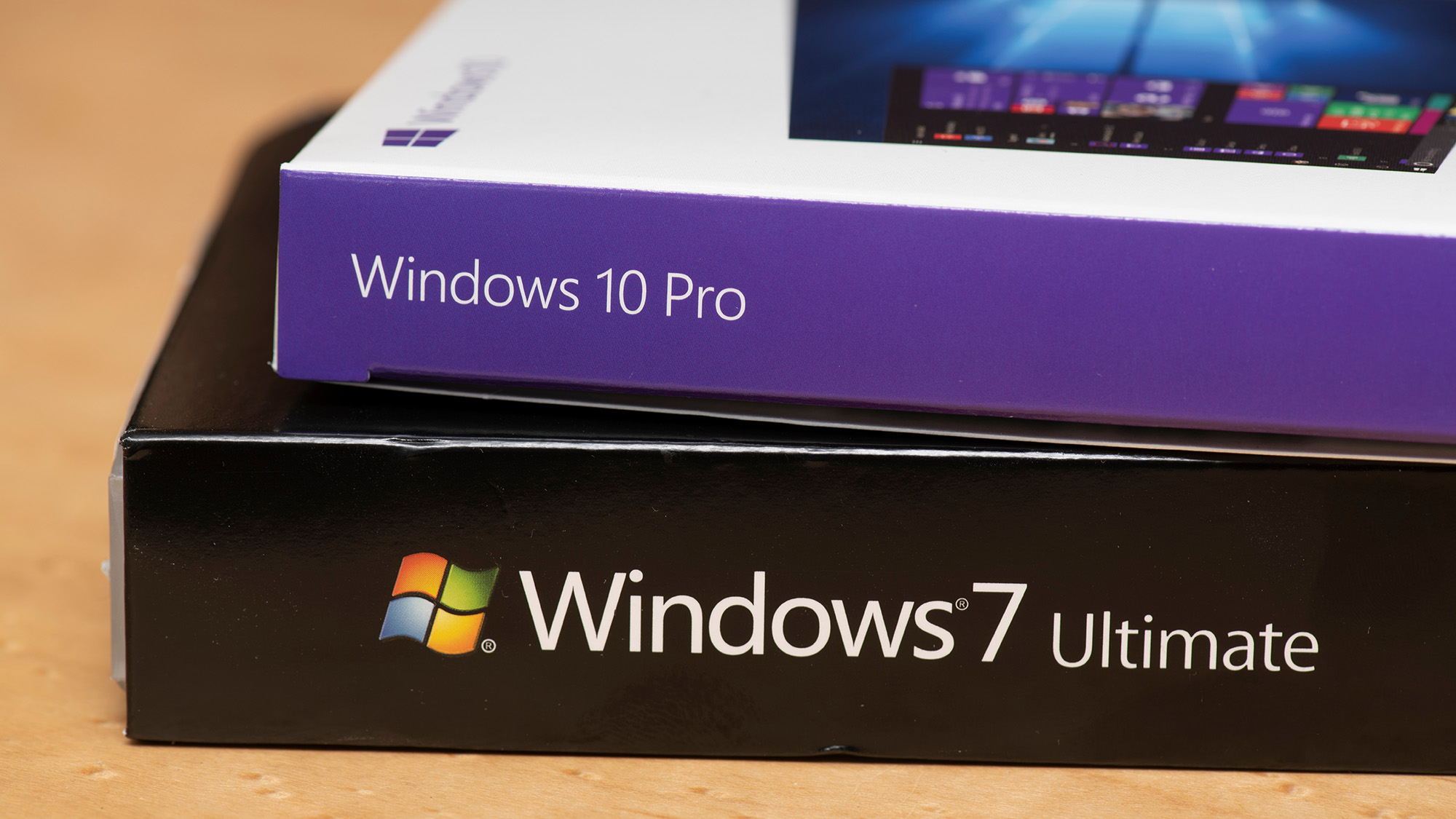 Managing a late migration
Managing a late migrationOpinion When it comes to moving from Windows 7 to Windows 10, it's better late than never
By Jon Honeyball
-
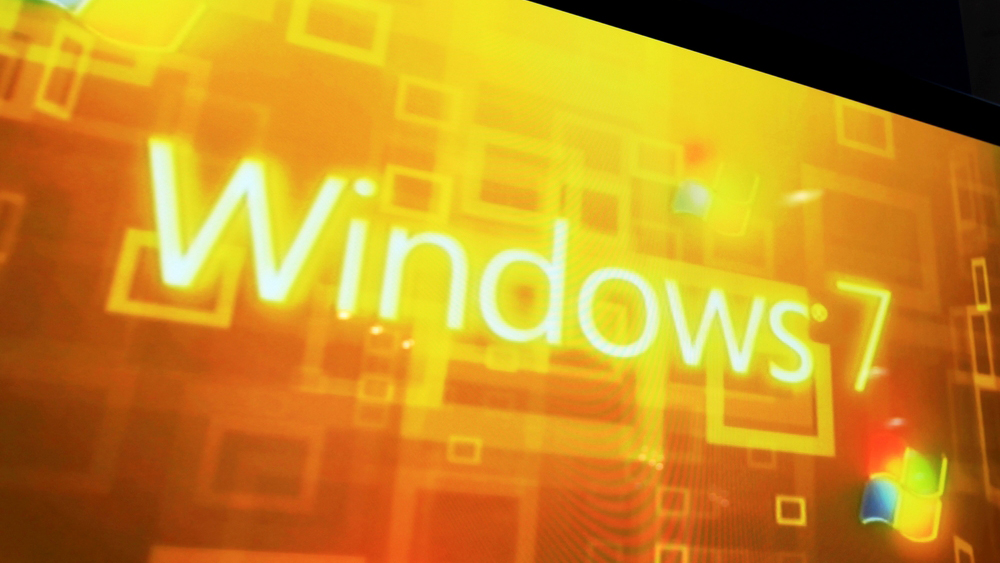 How to set up a Windows 7 emulator for Windows 10
How to set up a Windows 7 emulator for Windows 10Tutorials A complete guide for setting up a Windows 7 emulator for Windows 10 so you don’t lose access to your apps
By Nik Rawlinson
-
 The autopsy of Windows 7
The autopsy of Windows 7In-depth Report of a postmortem examination
By Chris Merriman
-
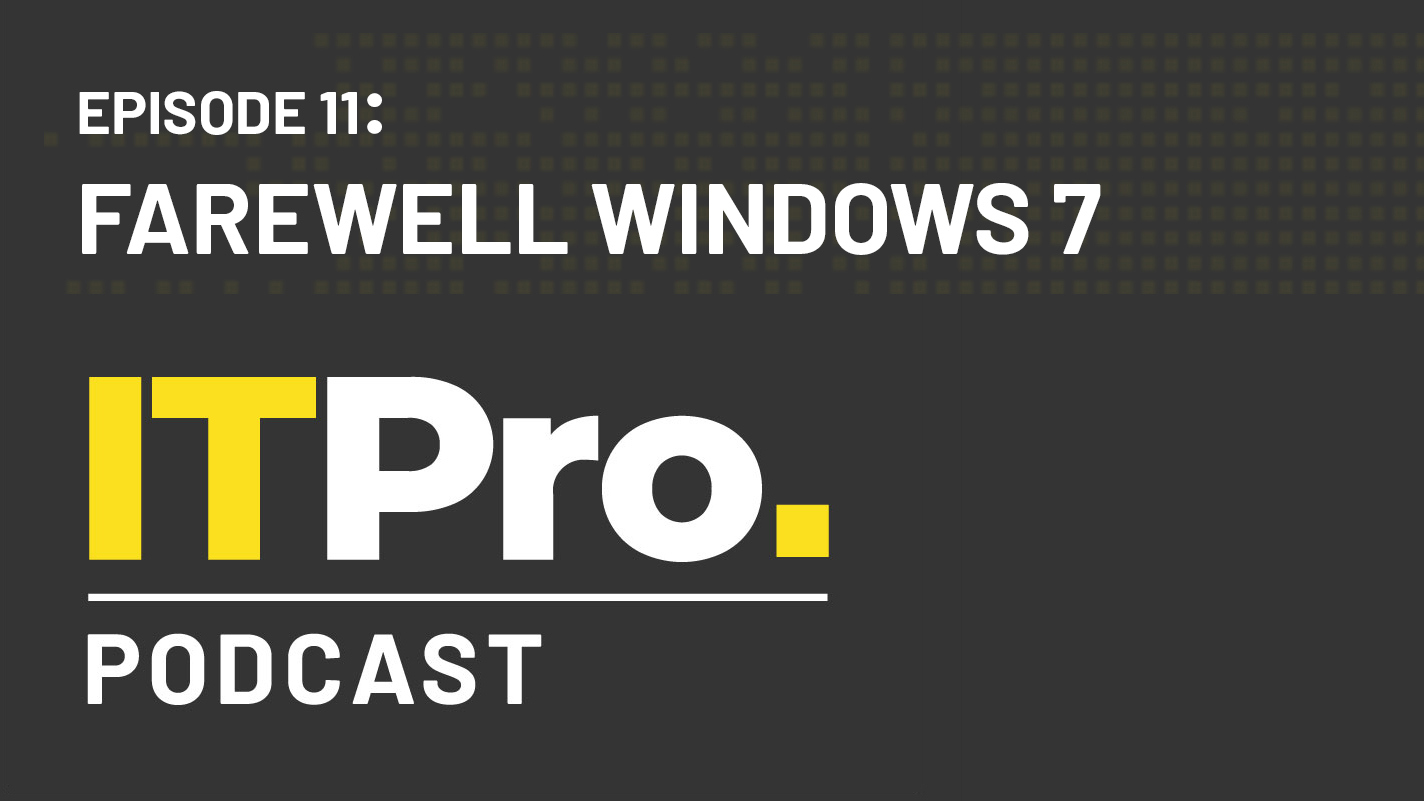 The IT Pro Podcast: Farewell Windows 7
The IT Pro Podcast: Farewell Windows 7IT Pro Podcast We reflect on the legacy of one of Microsoft's most enduringly popular operating systems
By IT Pro
-
 Windows 7 ends: what do you do next?
Windows 7 ends: what do you do next?In-depth From SMBs to big business and individuals, after 10 years it's time to move on from Windows 7
By Jon Honeyball
-
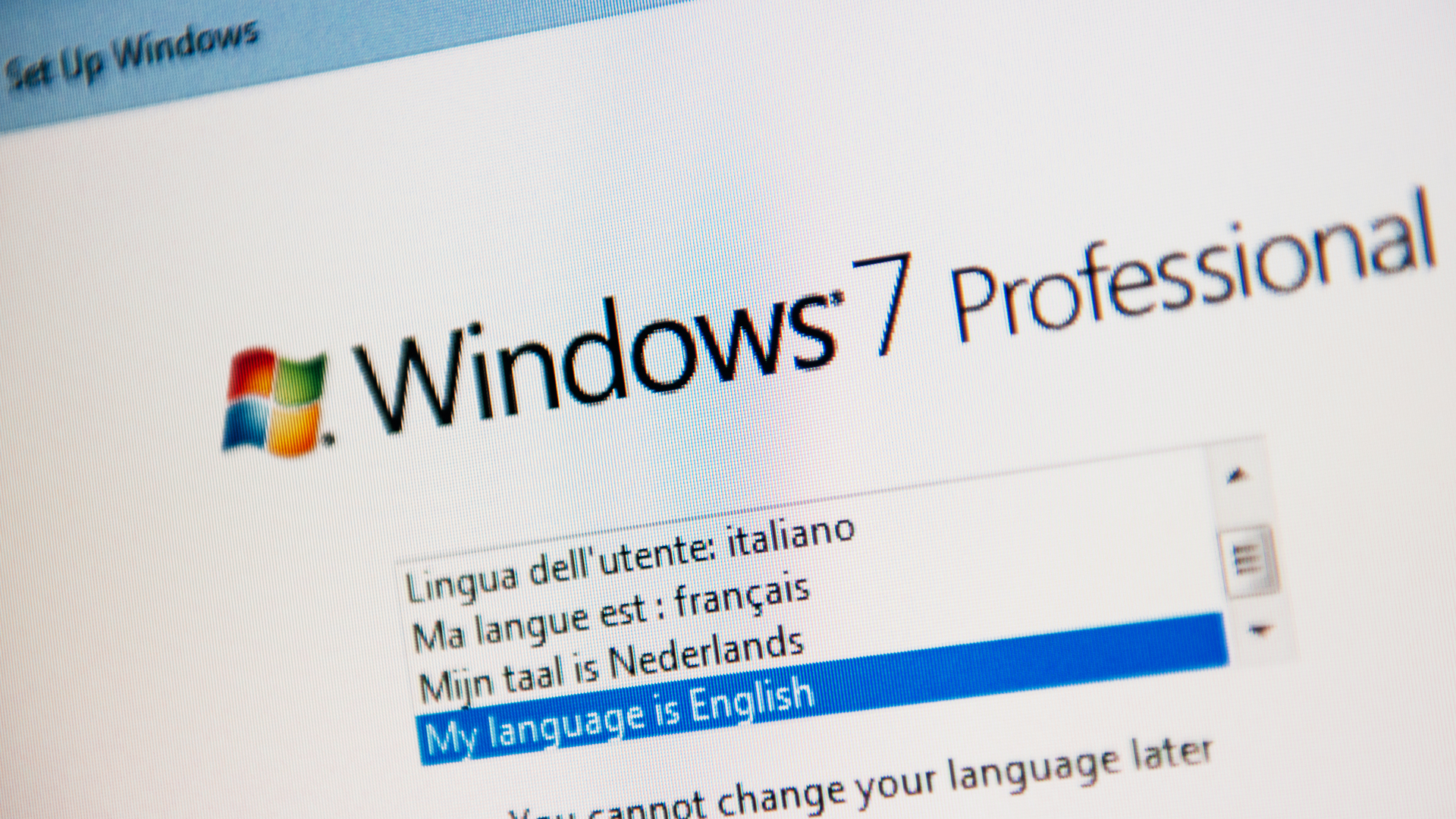 Windows 7 end of life: What to do if you haven't upgraded yet
Windows 7 end of life: What to do if you haven't upgraded yetIn-depth Microsoft has now officially moved Windows 7 to end of life, meaning it's no longer a viable business platform
By Dale Walker
-
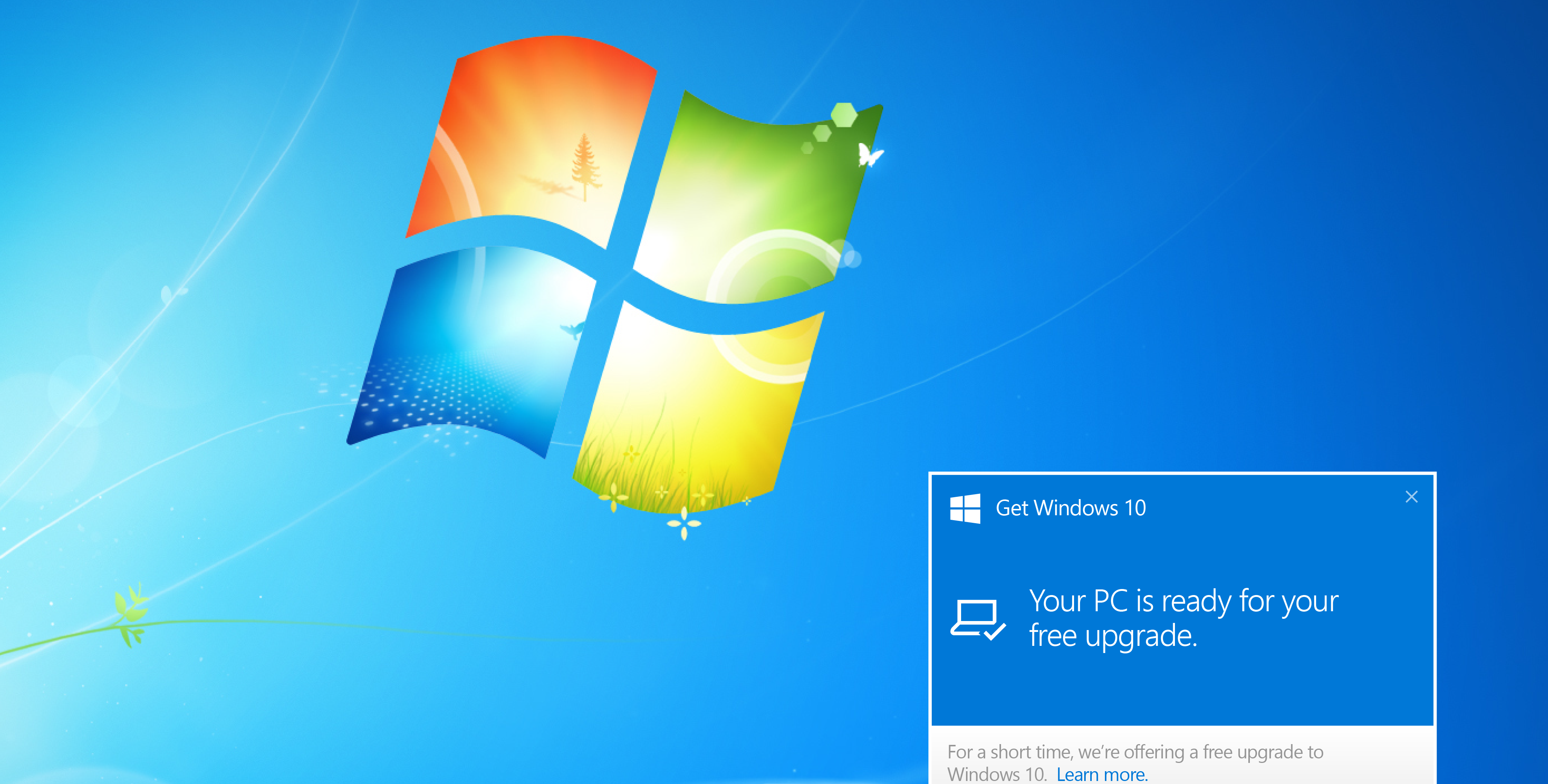 Windows 10 vs Windows 8.1 vs Windows 7 - Microsoft OS head-to-head
Windows 10 vs Windows 8.1 vs Windows 7 - Microsoft OS head-to-headVs We pit Microsoft's most popular operating systems against each other to see which is the greatest of all time
By Mike Passingham